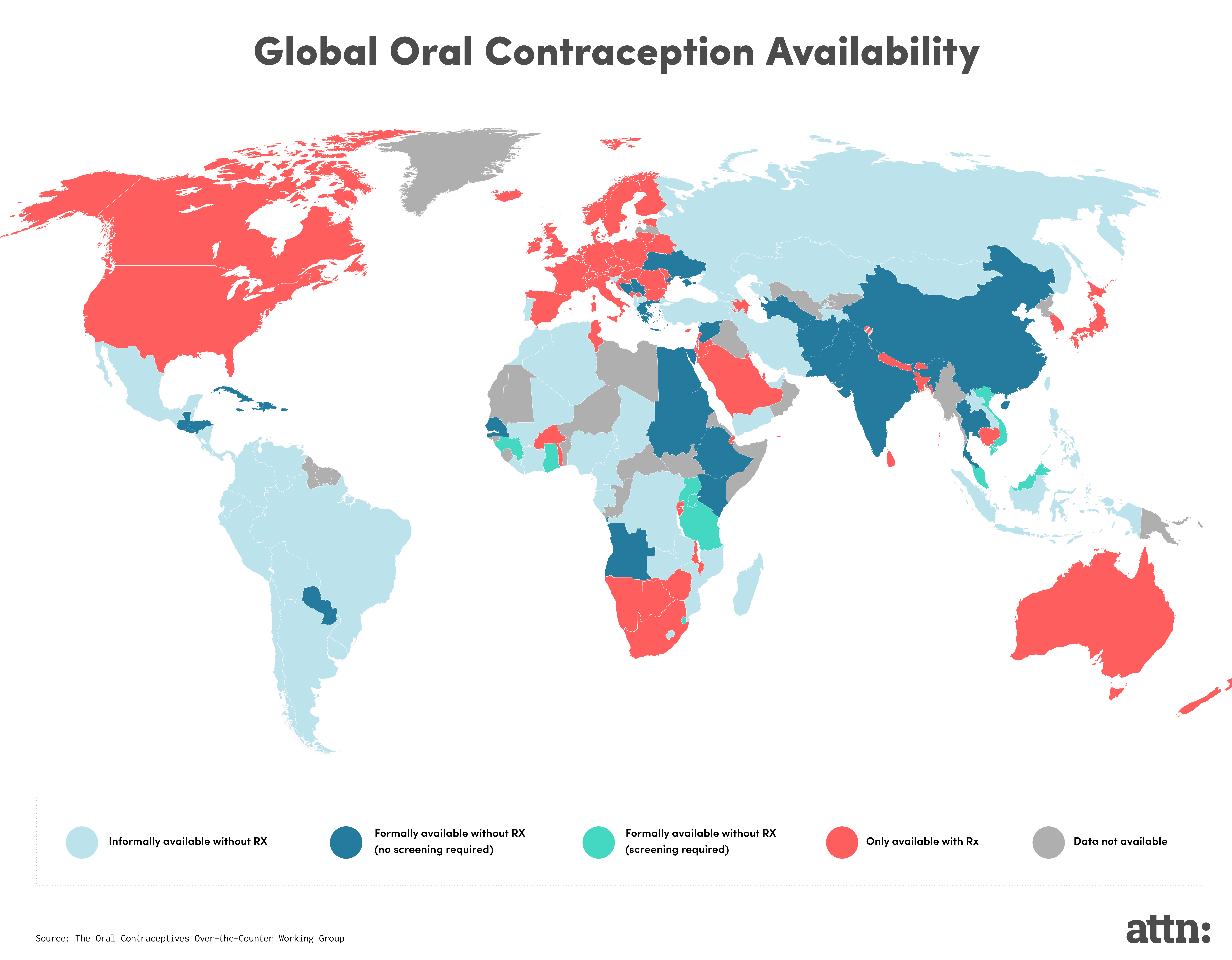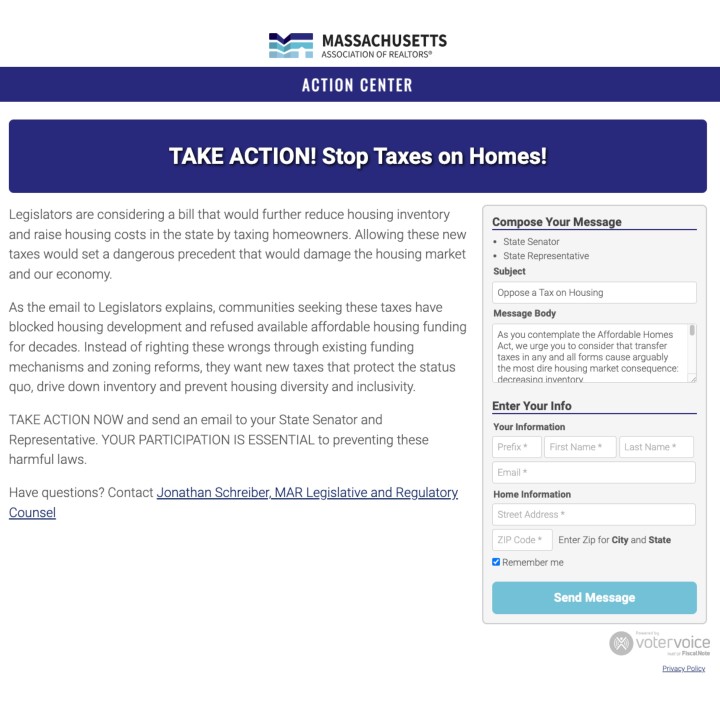Access To Birth Control: The Impact Of Over-the-Counter Options Post-Roe

Table of Contents
The Potential Benefits of Over-the-Counter Birth Control
Expanding access to over-the-counter birth control offers several significant advantages for individuals and the healthcare system as a whole.
Increased Accessibility and Convenience
OTC birth control removes many barriers currently limiting access to contraception. These barriers include:
- Cost: Prescription birth control can be expensive, especially for those without insurance or with high deductibles. OTC options could significantly reduce these costs.
- Appointment Barriers: Scheduling and attending doctor's appointments can be difficult, particularly for individuals with busy schedules, limited transportation, or those living in areas with limited healthcare access.
- Insurance limitations: Insurance coverage for birth control varies widely, leaving many individuals to shoulder the full cost.
- Discreet Access: OTC access allows individuals to purchase birth control privately and discreetly, reducing the stigma often associated with seeking reproductive healthcare.
Studies show that a significant percentage of individuals would benefit from easier access, potentially leading to improved contraceptive use and reduced rates of unintended pregnancies.
Improved Health Outcomes
Increased access to birth control translates directly into improved health outcomes:
- Better Adherence: The convenience of OTC options may improve adherence to birth control regimens, leading to greater effectiveness in preventing unintended pregnancies.
- Reduced Unintended Pregnancies: Easier access to contraception is directly correlated with lower rates of unintended pregnancies, resulting in fewer abortions and improved maternal and child health.
- Management of Other Health Conditions: Some hormonal contraceptives are used to manage conditions like acne and heavy menstrual bleeding. OTC access could improve management of these conditions for many.
Empowering Individuals and Reducing Stigma
Over-the-counter birth control empowers individuals to take control of their reproductive health:
- Reproductive Autonomy: Access to OTC birth control fosters reproductive autonomy, allowing individuals to make informed choices about their bodies and futures without unnecessary obstacles.
- Reduced Stigma: Removing the requirement for a doctor's visit can help reduce the stigma associated with birth control use, encouraging open conversations and promoting better overall reproductive health.
Potential Challenges and Concerns Regarding Over-the-Counter Birth Control
While the benefits of OTC birth control are substantial, several potential challenges and concerns must be addressed:
Misinformation and Misuse
Increased access necessitates robust educational initiatives:
- Correct Usage: Ensuring individuals understand how to use different contraceptive methods correctly is crucial to prevent misuse and potential negative health consequences.
- Reliable Information: The availability of accurate and easily accessible information about various birth control options, their effectiveness, and potential side effects is paramount.
- Self-Diagnosis Risks: Providing clear guidelines to discourage self-diagnosis and emphasize the importance of consulting a healthcare provider when necessary is vital.
Ensuring Equitable Access
Equitable access is critical to avoid exacerbating existing health disparities:
- Socioeconomic Barriers: The cost of OTC birth control, even if reduced, could still be a barrier for some individuals. Financial assistance programs and subsidies may be necessary to ensure equitable access.
- Geographic Barriers: Access to pharmacies and reliable information varies geographically. Efforts to expand access in underserved areas are crucial.
- Health Literacy: Ensuring that individuals have the necessary health literacy to understand and use birth control effectively is essential.
Regulatory Considerations and Safety
Careful regulatory oversight is crucial:
- Safety Standards: Rigorous safety standards and approval processes are vital to ensure the safety and efficacy of OTC birth control options.
- Comparison to Prescription Methods: The safety and efficacy of OTC options need to be carefully evaluated and compared to existing prescription methods.
The Role of Education and Support in Over-the-Counter Birth Control Access
Education and support are essential for the successful implementation of OTC birth control:
Comprehensive Sex Education
Comprehensive sex education in schools and communities is vital:
- Informed Decision-Making: Comprehensive sex education empowers young people to make informed decisions about their reproductive health and provides knowledge about various contraceptive methods.
- Effectiveness and Side Effects: Education should cover the effectiveness of each method, potential side effects, and how to access reliable information and support.
Accessible Information and Resources
Readily available information and support are crucial:
- Online and Offline Resources: Providing accurate information through various channels, including websites, brochures, and community health centers, is vital.
- Healthcare Provider and Pharmacist Support: Pharmacists and healthcare providers play a critical role in providing guidance and support to individuals choosing and using birth control.
Conclusion: Securing Access to Birth Control Post-Roe
Increasing access to over-the-counter birth control presents both opportunities and challenges in the post-Roe landscape. While the potential benefits—increased accessibility, improved health outcomes, and enhanced reproductive autonomy—are significant, addressing concerns regarding misinformation, ensuring equitable access, and maintaining safety standards are equally crucial. Securing access to birth control requires a multifaceted approach that includes comprehensive sex education, readily available information and resources, and supportive policies. Improving access to birth control, expanding access to contraception, and securing reproductive healthcare for all are paramount. We must advocate for policies that support increased access to birth control, both over-the-counter and through other means, ensuring reproductive healthcare rights for everyone. Learn more about birth control options and advocate for improved access in your community.

Featured Posts
-
 Torpedo Bats A New Trend In Marlin Fishing
May 28, 2025
Torpedo Bats A New Trend In Marlin Fishing
May 28, 2025 -
 Kanye West And Bianca Censori A Source Reveals Concerns And Fears
May 28, 2025
Kanye West And Bianca Censori A Source Reveals Concerns And Fears
May 28, 2025 -
 The Looming Threat Of Rent Increases A Housing Corporation Perspective
May 28, 2025
The Looming Threat Of Rent Increases A Housing Corporation Perspective
May 28, 2025 -
 Watch Pacers Vs Hawks On March 8th Game Time And Streaming Details
May 28, 2025
Watch Pacers Vs Hawks On March 8th Game Time And Streaming Details
May 28, 2025 -
 Arsenal Transfer News Artetas U Turn And The 60m Mbappe Esque Target
May 28, 2025
Arsenal Transfer News Artetas U Turn And The 60m Mbappe Esque Target
May 28, 2025
Latest Posts
-
 Cherry Hill Shooting Man Injured In Neighborhood Dispute
May 29, 2025
Cherry Hill Shooting Man Injured In Neighborhood Dispute
May 29, 2025 -
 Deadly Baker Park Shooting Leads To Murder Charges In Seattle
May 29, 2025
Deadly Baker Park Shooting Leads To Murder Charges In Seattle
May 29, 2025 -
 One Shot Following Fight In Cherry Hill Police Seeking Witnesses
May 29, 2025
One Shot Following Fight In Cherry Hill Police Seeking Witnesses
May 29, 2025 -
 Seattle Man Killed At Baker Park Murder Charges Filed
May 29, 2025
Seattle Man Killed At Baker Park Murder Charges Filed
May 29, 2025 -
 Altercation Leads To Shooting In Cherry Hill Victims Condition Unknown
May 29, 2025
Altercation Leads To Shooting In Cherry Hill Victims Condition Unknown
May 29, 2025
